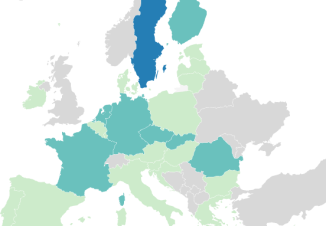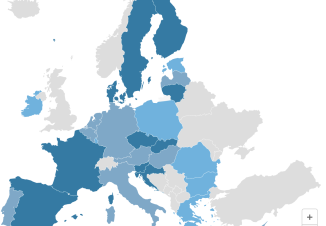
On 16 July 2019, the European Economic and Social Committee (‘EESC’) opinion (2019/C 240/02) on gender equality issues was published in the Official Journal of the European Union.
In it, the EESC makes a number of recommendations to the EU institutions and the Member States in order to eliminate inequalities between women and men.
One important recommendation of the EESC concerns the participation of women and men in the labour market. In practice, over a quarter of Europe’s population is in involuntary part-time employment and women are over-represented. This difference is detrimental to sustainable economic growth, prosperity and competitiveness.
The EESC is therefore calling for effective measures to be taken to ensure equal participation of women and men in the labour market. Creating more opportunities for women to gain access to quality full-time employment with flexible work arrangements should be a key priority. This is possible by taking appropriate measures, such as the provision of accessible and affordable childcare and long-term care services, as well as measures promoting the take-up of leave for men. The EESC is calling on the European Commission to launch a package on care services to boost the implementation of the European Pillar of Social Rights and complement the Work-life Balance Directive.
Without change, gender equality could take 100 years. The Committee does not want to wait that long. It believes that advancing and ensuring the effective implementation of EU gender equality policies requires a new five-year EU gender equality strategy, spanning the term of the next Commission and EP.


